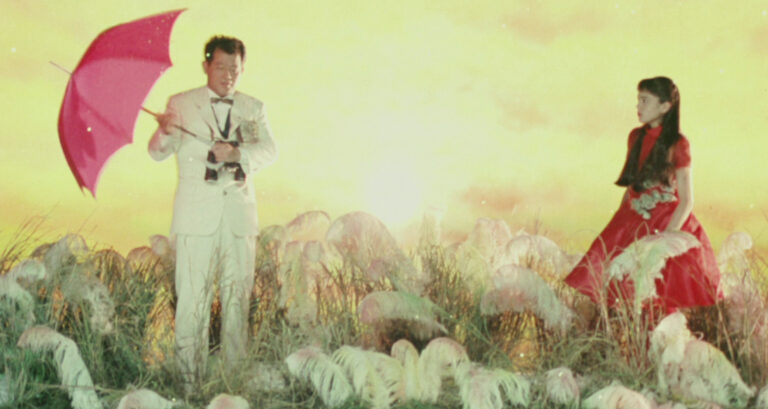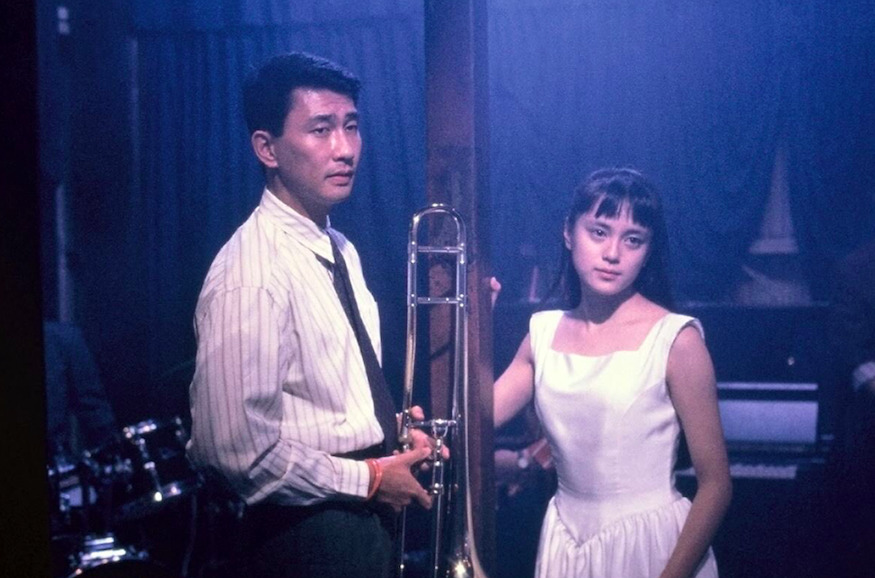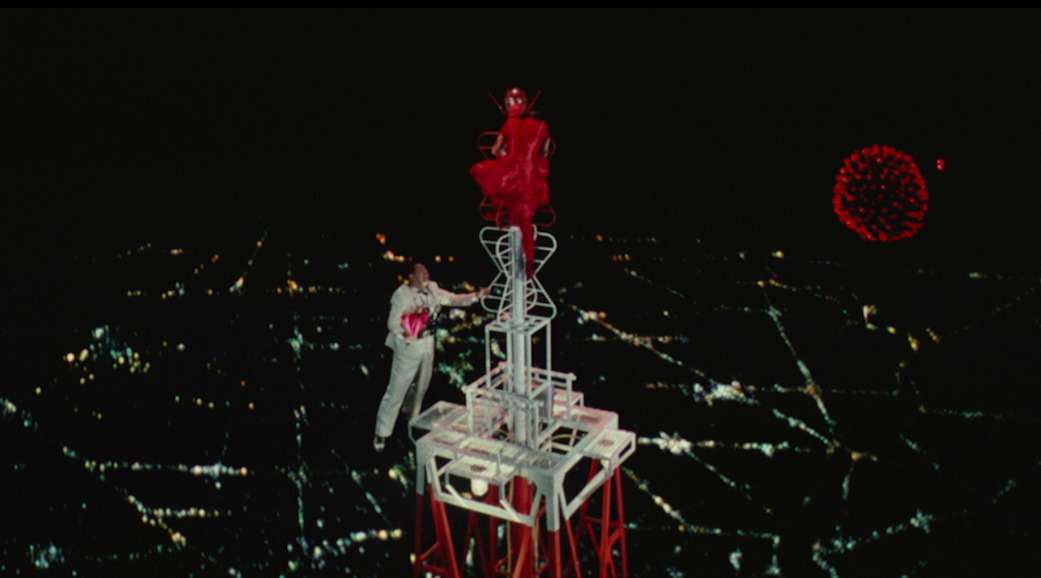
Japan Society’s Rites of Passage: The Films of Shinji Somai celebrates the Japanese filmmaker’s evocation of adolescence by including in its line-up the 1990 feature Tokyo Heaven.
Yuu Kamiya (Riho Makise) is sixteen years old, when she leaves school to embark upon a career in entertainment. It takes no time for her to realise how this cynical environment can be fatal. She is placed in a car with the sponsor’s managing director Shirayuki (Shōfukutei Tsurube II) who wants to seduce her, but the vehicle ends up in an accident that kills them both. In heaven, Yuu is given the chance to return to Earth on the condition that she cannot come in contact with anyone who knows that she has died. She decides to start her life from scratch, but she does interact with someone from her past: her former manager Fumio Amemiya (Kiichi Nakai). However, her attempt at a new life will not go as planned and the inevitable will happen.

Tokyo Heaven unleashes with all its magnitude the complexity of transience, and acquiescence of what lies beyond. The afterlife is initially portrayed oneirically and then it comes into close proximity with Earthly existence. Yuu, as a temporary being wandering in the world she has just departed, echoes with vigour the rite of passage that is typical of adolescence. Just as before her death she was poised between the realm of childhood and adulthood, now that her life has come to an end she is at a crossroads between returning to terrestrial activities as a ghost or taking a leap into the otherworldly.
During this moment of transition, she experiences all the things that pertain to the physical and psychological development of her age: she returns to school, tackles a temporary job and falls in love. The choice of music enhances the interior battle faced by Yuu, that is epitomised by the Toreador song from the opera by Georges Bizet, Carmen. Once the young girl’s condensed growth is complete she acknowledges her fate.

The tone of the storytelling is a poetic melange of slapstick comedy, evocative drama, and fantasy adventure. Spiritual realms, rooftops connected by rope ladders, dreamy jazz clubs and vintage cars caught up in the rain, coalesce to form a poetic setting. One of the most beautiful moments is when Yuu and Fumio entertain themselves playing shadow tag, as if — from their respective ages (an adolescent and an adult) and their different existential stand points (non-living and living) — they both try to the grasp youth’s evanescence, just like a couple of Peter Pans.
Following the fashion of most coming-of-age stories, Yuu has a chaperone who follows her path towards maturity as a moral mentor. He is a cricket (a reference that seems inspired by Pinocchio), in the body of the last person the young girl saw when she was alive: the sleazy show business executive. Thus, a touch of farce is added to this journey towards conscientious decision-making, where mood swings and conflicting discernments ultimately lead to wisdom.
Shinji Somai saves the best for last: the visual lyricism tops off with a trumpet and umbrella floating in the cosmos heading towards a celestial destination.
Final Grade: B+

